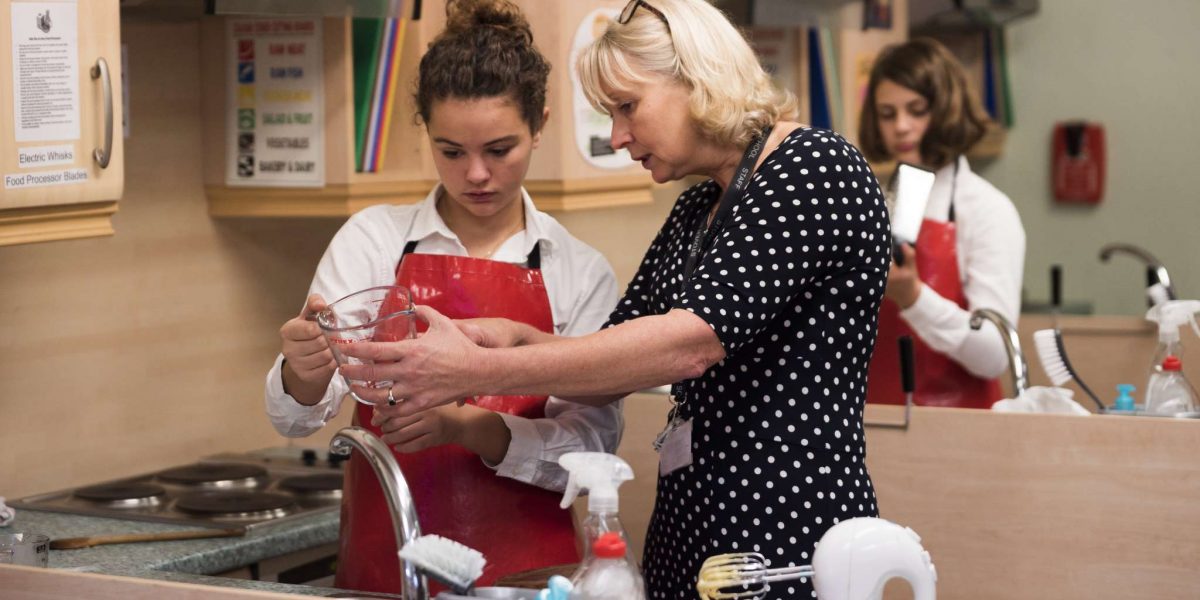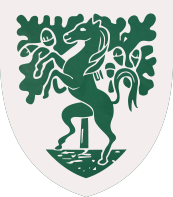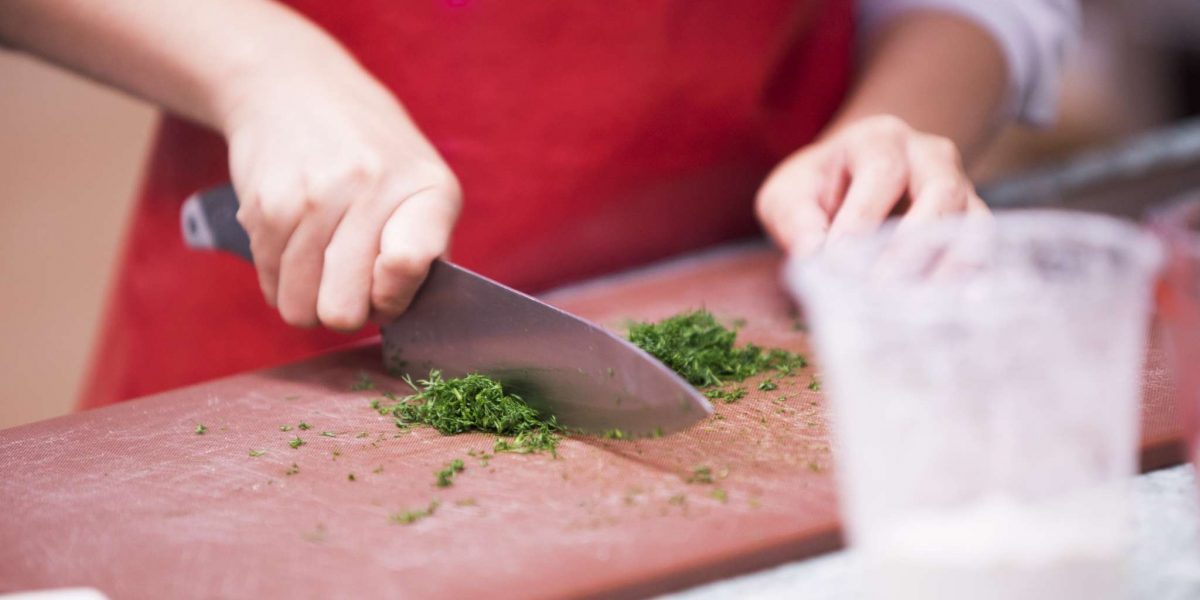
KS3 Food and Nutrition
Year 6 – During year 6, pupils have one double lesson per week for half termly modules.
The first module introduces hygiene and safety, focusing on the routine of the practical lesson, the layout of the room, and equipment. Pupils familiarise themselves with weighing and measuring ingredients and follow basic recipes to develop practical skills.
The second module includes the importance of food labelling, looking at the ingredients with particular reference to food allergens. Pupils make a range of practical dishes building on the skills developed in module one. Pupils are then encouraged to design a label for their dishes, to include information they have been learning about.
The third module introduces the concept of food choice, looking at environmental and ethical issues relating to the food we eat. Practical skills are developed further by completing a range of savoury and sweet recipes. The dishes made are discussed, analysing the relevant environmental and ethical issues such as air miles, food traceability and sustainability.
Year 7 -During year 7, pupils have one double lesson for an eight week module. Pupils study two modules of work in year 7.
The first module covers food, hygiene and safety. Pupils learn how to operate the cooker safely and how to work hygienically in practical lessons. The learning is done through hands on practical work where pupils follow a practical routine to complete recipes and clear away within the lesson time.
The second module covers food and nutrition. The Eat Well guide is studied, together with the eight dietary guidelines. Practical work involves cooking a range of savoury and sweet dishes which are then evaluated considering the principles of healthy eating. The basic nutrients are introduced, looking specifically at the macro nutrients protein, carbohydrate and fat.
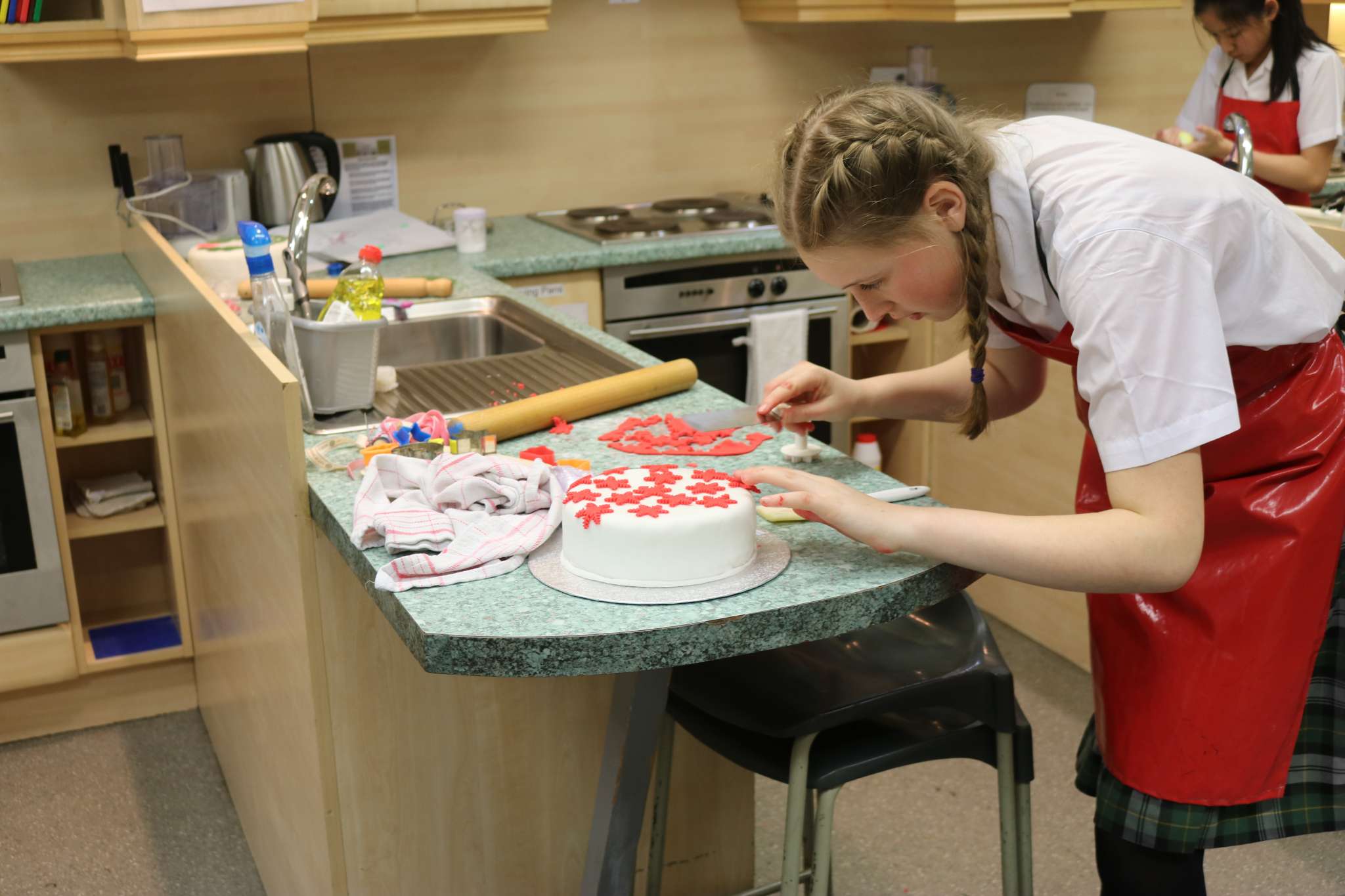
Year 8 – During year 8 pupils have one double lesson for two terms of Home Economics in a rotation system. Pupils study two modules of work in year 8.
The first module covers cereals and looks at flour and products made from flour including scones, mini quiches using homemade pastry, a scone experiment, a crumble topped apple pie, ready-made pastry and a seasonal recipe. Pupils also study basic nutrition, revise the Eatwell Guide, and study seasonal and convenience food.
The Bread project looks at the function of ingredients in bread, sensory tasting and using descriptive words for food. Pupils make different types of bread recipes including flavoured bread rolls, Chelsea buns, soda bread and a seasonal recipe. They also carry out a bread experiment in preparation for the GCSE specification.
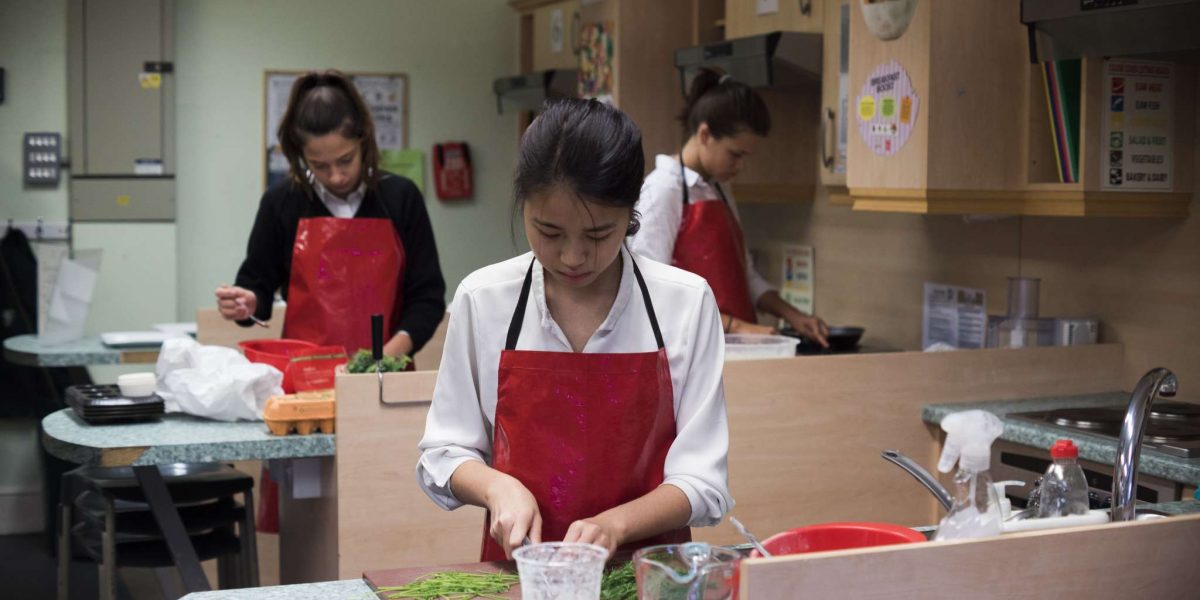
Year 9 – During year 9 pupils have one double lesson of Home Economics per week for the academic year.
The course has a strong practical element, concentrating on meal planning, time planning and GCSE style skills in order to produce more complex dishes. They will undertake making and decorating a Christmas Cake and from February half term they will study for the RSPH Certificate in Basic Food Hygiene (Level 2). This extra qualification is a good basis for the GCSE course and would be necessary if they wanted to work in the food industry.
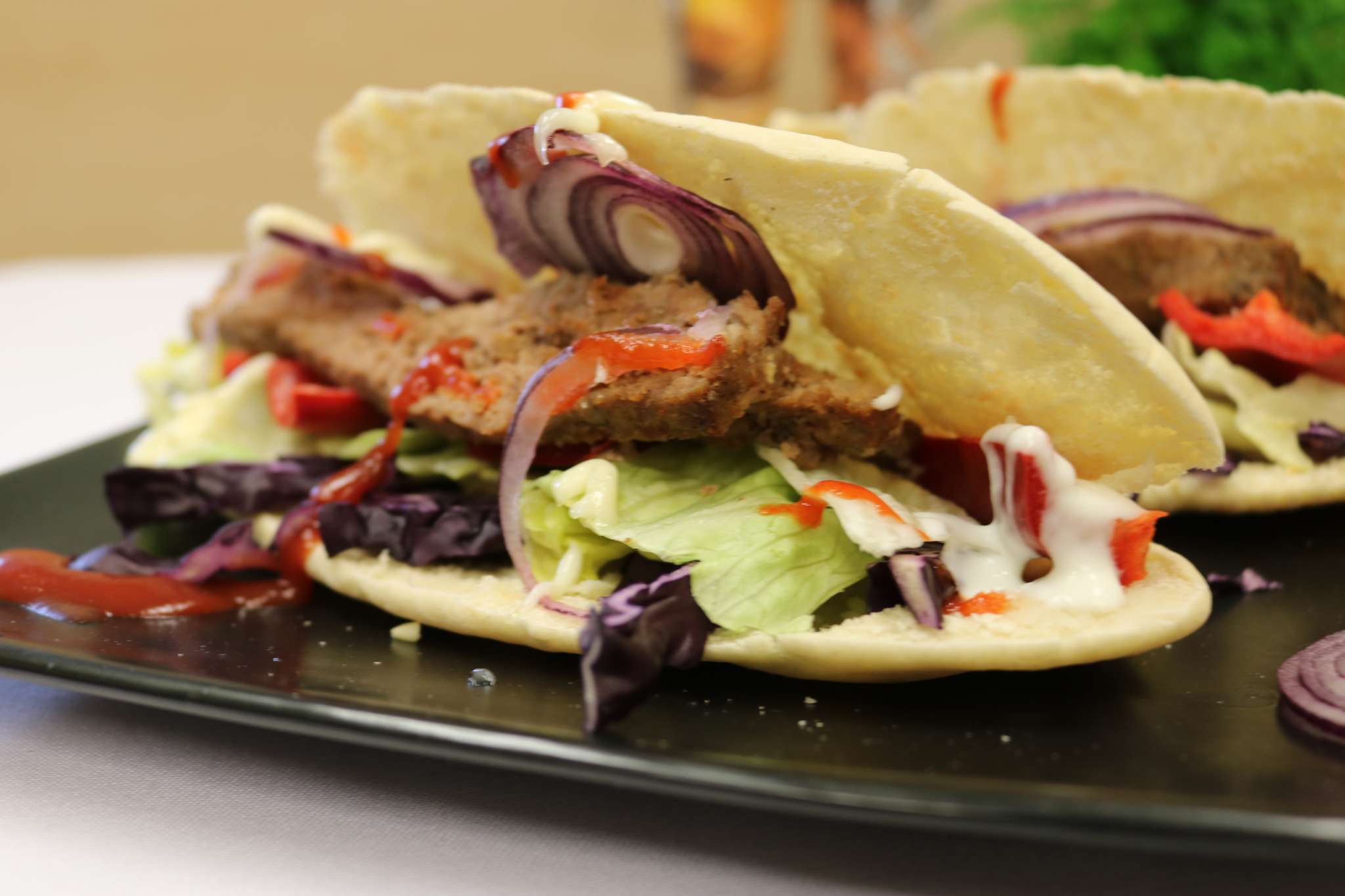
GCSE Food and Nutrition
Year 10 and 11 GCSE Food Preparation and Nutrition. (Eduqas) (50% written examination, 50% coursework (NEA))
During years 10 and 11 pupils have two double lessons per week, one of these doubles is for practical cookery.
During year 10, pupils cover most of the theory for the course. The units of study are food commodities, principles of nutrition, diet and good health, the science of food and cooking and food preparation.
The practical lessons support the theory being delivered and are designed to develop highly skilled dishes.
During year 11, pupils complete the non-examined assessment tasks. The first is a food science experiment and the second a practical cookery task. The remaining module of food provenance and manufacturing is then studied followed by a series of revision sessions.
A Level Food and Nutrition
Year 12 Level 3 Food Science and Nutrition (WJEC)
Pupils have seven lessons per week to study.
The unit of work, meeting the nutritional needs of specific groups, focuses on health, diet and lifestyle. This covers food safety, nutrition throughout life stages and cookery skills. There is a written examination and a practical cookery test. This completes the Level 3 Certificate.
Year 13 Food Science and Nutrition (WJEC)
Pupils have seven lessons per week to study.
This continues the work completed in year 12 to allow pupils to progress to the Level 3 Diploma. Pupils study two further units of work. During the first unit, the pupils conduct a research project on a relevant food topic of their choice. The second module, is based on food hygiene and safety and is assessed through a written examination and coursework.
